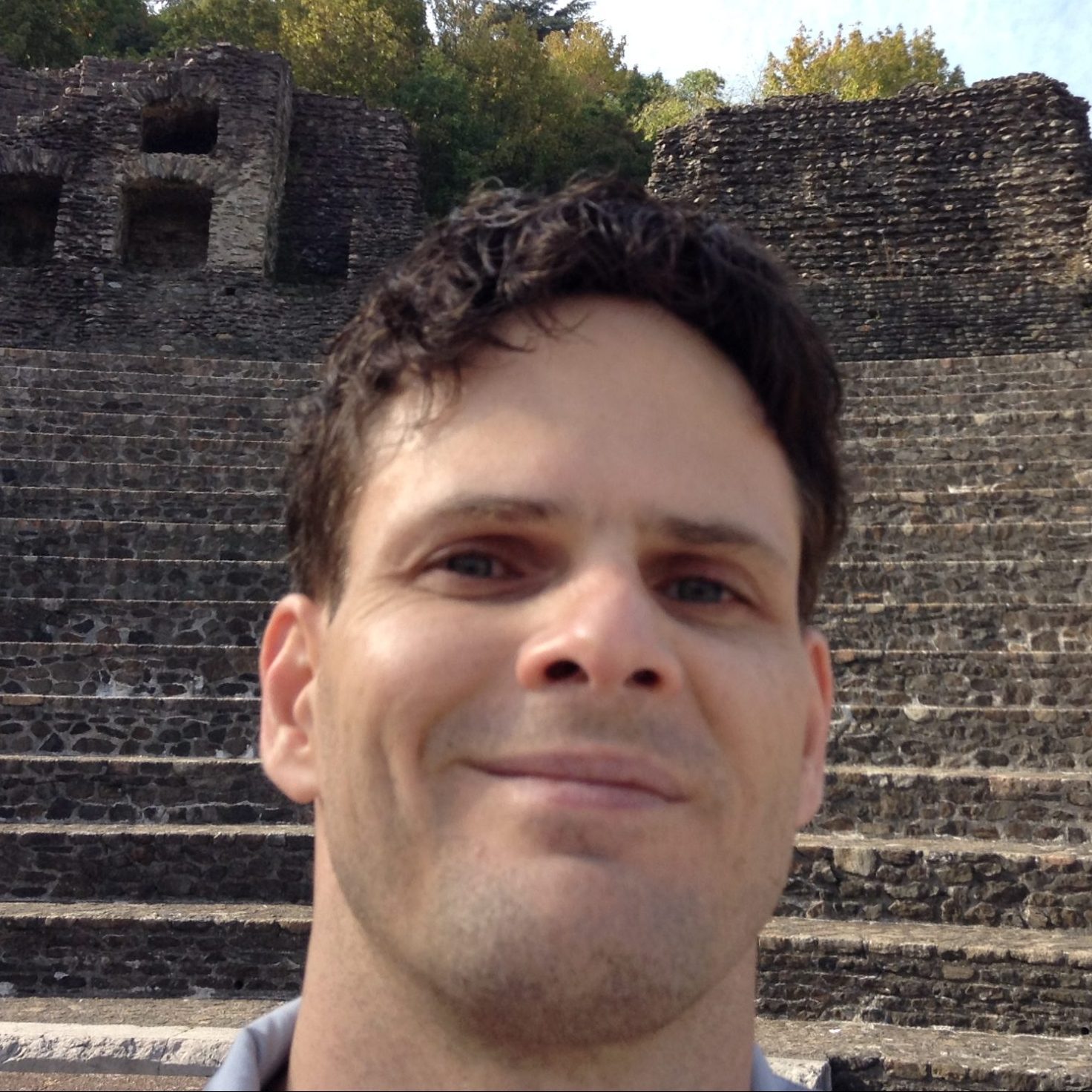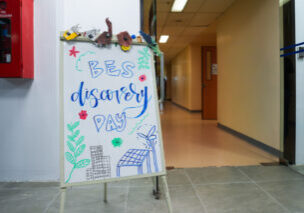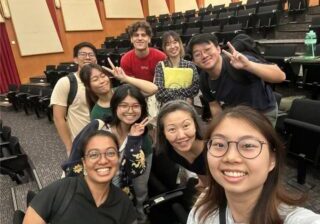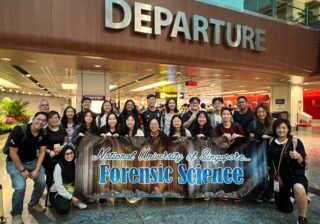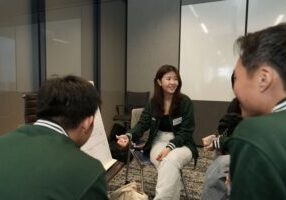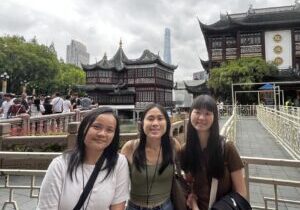
Humanities
HSH1000 The Human Condition
What is the essence of being human? Across intellectual traditions of the world, fundamental concerns relating to the triumphs and problems of social organization and what a worthwhile life is have persisted through the changing circumstances of every historical age. This course introduces you to some of these enduring concerns and gives you the opportunity to engage critically with them through reading and discussing texts and other media. In the process, you develop an appreciation for the complexities of being human as you practice and sharpen useful and transferable critical thinking skills that are useful in a variety of contexts.
The assessment of the course will be based on participation in tutorial preparation and participation activities, group discussion summaries, online quizzes, and a individual final project. All required texts will be made available to the students. For more information, see the course's Canvas page (for enrolled students), or NUSMods. The course also has a youtube channel here. A sample list of texts that students might be reading includes:
- Ursula Le Guin, The Ones who Walk Away from Omelas
- The Epic of Gilgamesh
- Xunzi (selected passages)
- Jean-Paul Sartre, No Exit
- Caryl Churchill, A Number
- Carol Adams, Sexual Politics of Meat (extracts)
The texts read in the course form the platform for our discussions (they aren't meant to be “the final truth” but the starting points of our discussions). Through the process of reading these texts, thinking about the themes introduced, and discussing them with each other, we will practice and sharpen useful and transferable skills associated with the study of the humanities, including an appreciation of how language works to convey meaning and persuade, critical reasoning, and a sensitivity to history.
Introduction to HSH1000 The Human Condition




